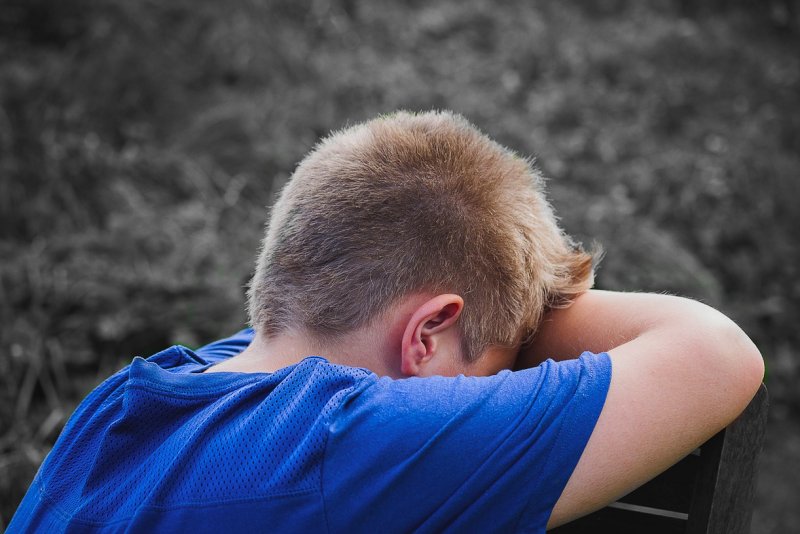
The rising #suicide rate for #children and #adolescents is linked to increasing shortages of #mentalhealthprofessionals at the county level, after adjusting for demographic and socioeconomic characteristics, a study says.
Nov. 21 (UPI) — The rising #suicide rate for #children and #adolescents is linked to increasing shortages of #mentalhealthprofessionals at the county level, even pre-#pandemic, a new study suggests.
And an accompanying editorial says the U.S. #mentalhealth system is so broken even money cannot fix it.
“#Mentalhealth was a major issue before the #COVID-19 #pandemic, and it has only worsened since,” said Dr. Aaron E. Carroll, a distinguished professor of #pediatrics at Indiana University.
Carroll, who is director of the Center for #Pediatric and #Adolescent Comparative Effectiveness Research at Indiana University #School of Medicine, added: “Countless #youth need help. Unfortunately, help is often in short supply.”
RELATED #Anxiety screening for #kids should begin at age 8, experts say
#Suicide is the second leading cause of death for #children, #adolescents, and young #adults ages 15 to 24, according to the American Academy of #Child & #Adolescent Psychiatry. And most who attempt #suicide have a significant #mentalhealthdisorder, usually #depression.
The original investigation, published Monday in #JAMA Pediatrics, explored the #suicide rate for even younger people, ages 5 to 19.
The article, with Dr. Jennifer A. Hoffmann, a #pediatric emergency medicine #physician in Chicago as first author, cited higher #adolescent #suicide rates in #ruralareas and high-poverty areas.
The researchers included all U.S. counties and used data of all #youth #suicides nationwide from January 2015 through December 2016.
The investigators used county #healthprofessional shortage area designation for #mentalhealth, as assigned by the U.S. Health Resources and Services Administration based on the number of #mentalhealthprofessionals relative to the population, the level of need for #mentalhealthservices, and service availability.
Designated shortage areas received a score from 0 to 25, with higher scores indicating greater workforce shortages.
#James Donaldson notes:
Welcome to the “next chapter” of my life… being a voice and an advocate for #mentalhealthawarenessandsuicideprevention, especially pertaining to our younger generation of students and student-athletes.
Getting men to speak up and reach out for help and assistance is one of my passions. Us men need to not suffer in silence or drown our sorrows in alcohol, hang out at bars and strip joints, or get involved with drug use.
Having gone through a recent bout of #depression and #suicidalthoughts myself, I realize now, that I can make a huge difference in the lives of so many by sharing my story, and by sharing various resources I come across as I work in this space. #http://bit.ly/JamesMentalHealthArticle
Order your copy of James Donaldson’s latest book,
#CelebratingYourGiftofLife:
From The Verge of Suicide to a Life of Purpose and Joy
www.celebratingyourgiftoflife.com
RELATED #CDC report details #mentalhealthcrisis among #teens during #pandemic
Over the two-year period of the study, there were 5,034 #youth #suicides — 72.8% #male and 68.2% non-#Hispanic #White — with an annual #suicide rate of 3.99 per 100,000 #youths.
Of 3,133 total counties, 2,117, or 67.6%, were designated as #mentalhealth workforce shortage areas, the researchers found.
After adjusting for county characteristics, #mentalhealth workforce shortage designation was associated with an increased #youth #suicide rate and an increased #youth #firearm #suicide rate.
Those counties with an assigned numeric workforce shortage score saw the adjusted #youth #suicide rate increase by 4% for every 1-point increase in the score.
Even if the #UnitedStates “somehow diverted billions of dollars today toward improving the #mentalhealth of #youth, it would take years to develop the workforce, and then more investment to convince them to work in areas where shortages exist,” Carroll said in the editorial for which he was a co-author.





